
views
West Africa, often called the region’s coup belt, continues to witness lack of stability as coups continue to destabilize normal lives in Burkina Faso, Mali and Guinea. The threat of this instability crossing over to Senegal and Niger also remains as these nations battle poverty and corruption along with a threat from Islamist militants.
These nations are in the Sahel region of Africa – a semiarid region right below the Sahara desert which acts as a buffer between the arid north and the belt of humid savannahs in the southern part of the continent – which have seen an upsurge is Islamist terror as well as overthrowing of governments.
Over the past month, Burkina Faso, Mali and Guinea have seen civil unrest and change of leadership – often by force. These nations have seen four coups in 18 months showing a growing disenchantment with democratic processes. Here is why these nations have seen violent uprisings over the course of the past few months
Burkina Faso
Burkina Faso’s army in January ousted the nation’s president Roch Kabore. The reason stated by the army was that they were lacking funds to fight the jihadist insurgency which has bled the nation since 2015. More than 2,000 people have died and at least 160 people were killed when jihadists attacked a village named Solhan in June 2021. More than 1.5 million left home. Burkinabè soldiers staged five coups in the first 27 years of its independence.
The Patriotic Movement for Preservation and Restoration (MPSR) – a junta led by Lieutenant-Colonel Paul-Henri Sandaogo Damiba – has taken over the reins of the government. Paul-Henri Sandaogo Damiba, a week after taking power, said that the constitution has been restored. “The MPSR will ensure the continuity of the state pending the establishment of transitional bodies,” his party said in a statement. Damiba also met UN envoys and envoys of the Economic Community of West African States (ECOWAS) who praised him for ‘being open’ and said that he showed the desire to be open to the suggestions and proposals made during the meeting.
The ECOWAS will convene later this week to decide if they will impose sanctions.
Mali
Mali, ruled by strongman Colonel Assimi Goita, also continues to face surge in jihadist insurgency and it acted as a catalyst in 2020 when popular leader Ibrahim Boubacar Keita was overthrown by the military. Like neighbours Burkina Faso, people were angered at Keita’s inability to handle the killings.
Mali, however, seems to be caught in a bind between the west and Russia as it recently chose to expel the French envoy on Sunday and ordered removal of its troops from the restive Sahel region. France, which has at least 4,000 troops fighting Jihadists in the region, was asked to remove its envoy after Goita alleged that French foreign minister Jean-Yves Le Drian called his government illegitimate. Mali also asked Denmark as well to withdraw its troops who were fighting alongside the French.
Mali also faces tough sanctions from ECOWAS and western nations since it did not keep its promise of holding elections this month. The western nations have accused the Malian junta of employing mercenaries from Russian group Wagner to protect itself. Mali since gaining independence from France in 1960 has suffered at least six coups.
Guinea-Bissau
Umaro Sissoco Embalo, the Guinea-Bissau president on Tuesday said that he survived an assassination attempt, after troops were seen entering the presidential compound. “The attackers could have spoken to me before these bloody events that have seriously injured many and claimed lives,” Embalo said. He further added that during the incident many people were injured and killed.
It remains unclear as to who the attackers were but Embalo claimed that he was attacked for his fight against drugs. Guinea-Bissau, according to a BBC report, could be Africa’s first narco-state according to western African experts as it became a transit point for Latin American drugs. Guinea-Bissau since its independence from Portugal in 1980 has seen at least nine coups or attempted coups.
Read all the Latest News here











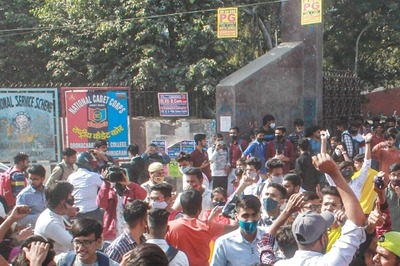

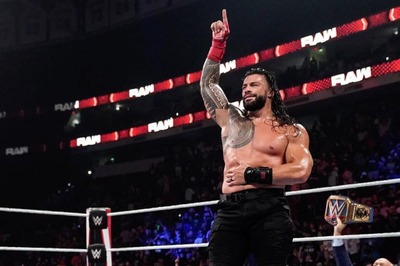

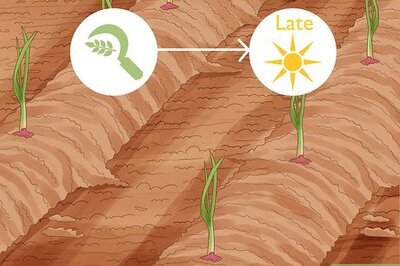
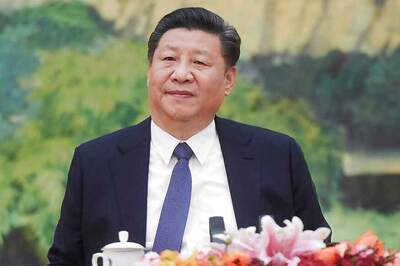


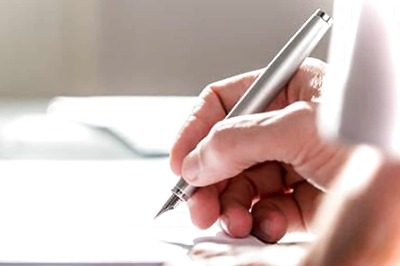
Comments
0 comment